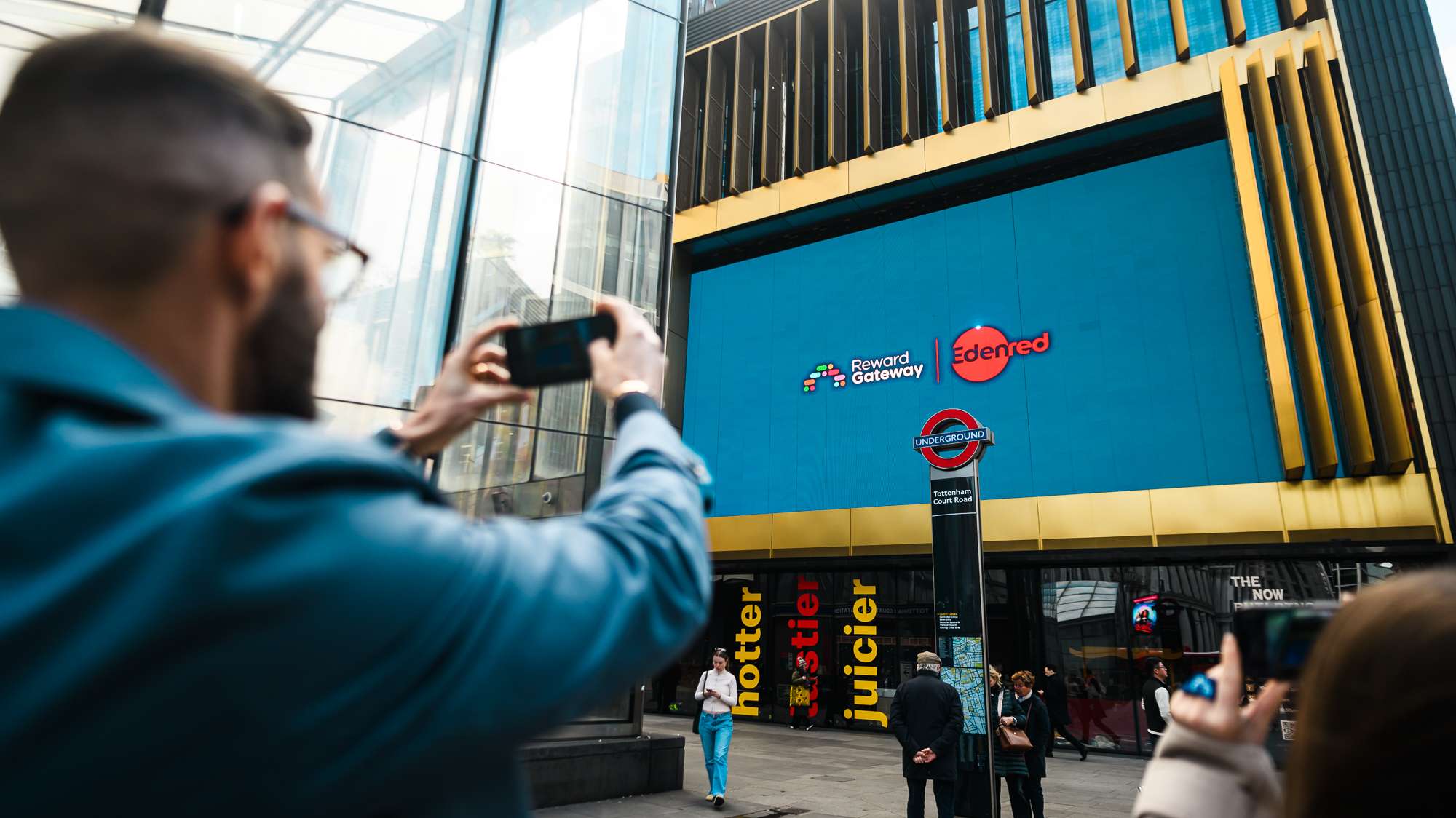Discover 5 ways HR can help
In the hybrid world we now operate in, line managers have an enhanced role to play in reaching out to remote workers.
In many cases this isn’t happening though. Our 2022 survey of 2,000 employees has found that 50% of people don’t feel their line manager appreciates the work they do.
More worryingly, only half say their employer says thank you for a job well done, even less (38%) receive recognition for going above and beyond and only 35% think their line manager understands them or the personal challenges they face (37%).
Time to take action
More needs to be done to retrain line managers to lead, motivate, show empathy and engage staff in an environment where employees are feeling isolated by hybrid working or are bearing the pressure of the cost of living crisis. Previously, those middle layer managers were used to monitoring employees in a physical situation and to some extent relied on the camaraderie and spirit of teams. Now all that has changed, and they are no longer in a position to spot issues so easily and intervene.
This means five things to happen:
- Listen up
As a HR community, we need to first listen to middle management to uncover whatever challenges they face and put appropriate training in place to help them overcome them.
- Train for the future
Secondly, we need to take a positive step by putting line managers through development programmes specifically designed to help them to focus on themselves as leaders, their strengths and where they still need to develop – especially in light of new flexible working arrangements and engaging a remote workforce.
- Show empathy
It’s important to check in regularly with line managers to see how they’re supporting their employees and offering guidance and advice where it’s needed. We also need to make sure they’re doing ok. Burnout among line managers was high during the first lockdown and many have taken on larger teams since the pandemic.
- Provide the tool kit
More also needs to be done to provide line managers with the tools and mechanisms that will enable them to show regular appreciation and provide rewards and benefits – but without it becoming a burden on their time (for example, through easy to manage digital reward platforms with a strong focus on self-service.)
- Make the wellbeing offer simple
Equally, it’s important to pull together wellbeing resources together so that line managers can understand them more clearly. This year’s cost-of-living crisis has been a catalyst for change that has seen many employers start to consolidate their recognition and wellbeing offerings into a single hub – with clearer signposting to existing resources, benefits and new elements such as energy consumption advice services. Ensure you communicate any change to managers so they can update team members.
Looking forward to the rest of the year, this will be a crucial piece of the jigsaw that HR teams can’t lose sight of if they want to create a fully rounded employee experience that will help power employees through another challenging period.
Explore the full range of challenges facing HR leaders in 2022 in our Employer trends 2022 research report



